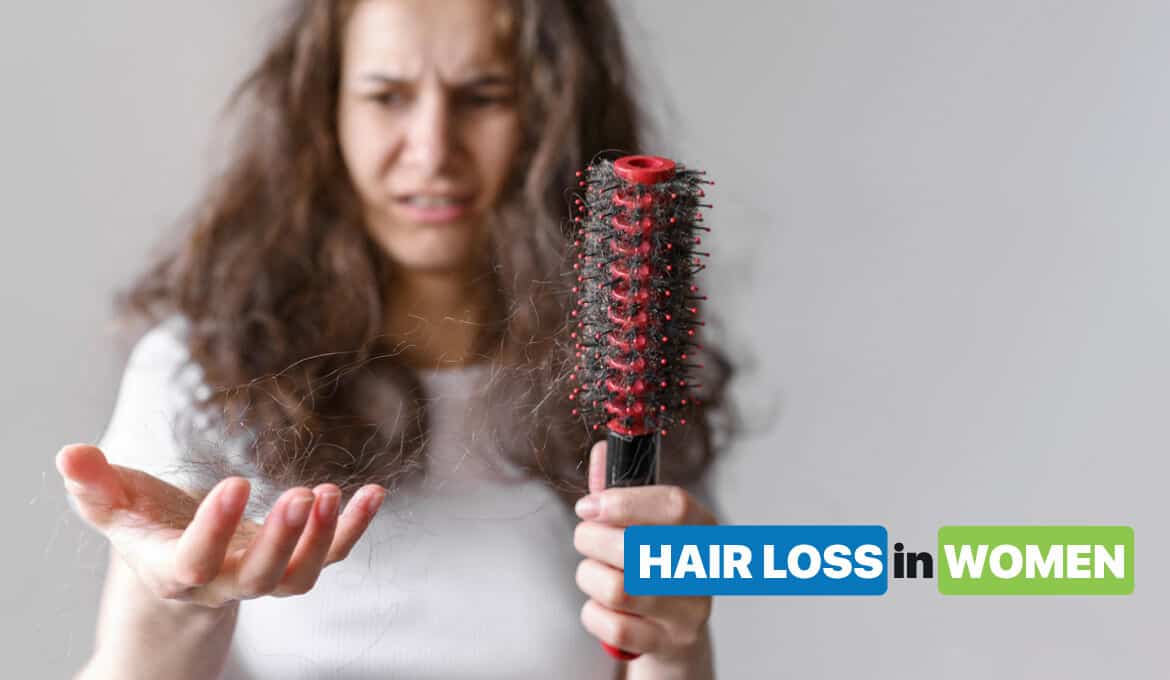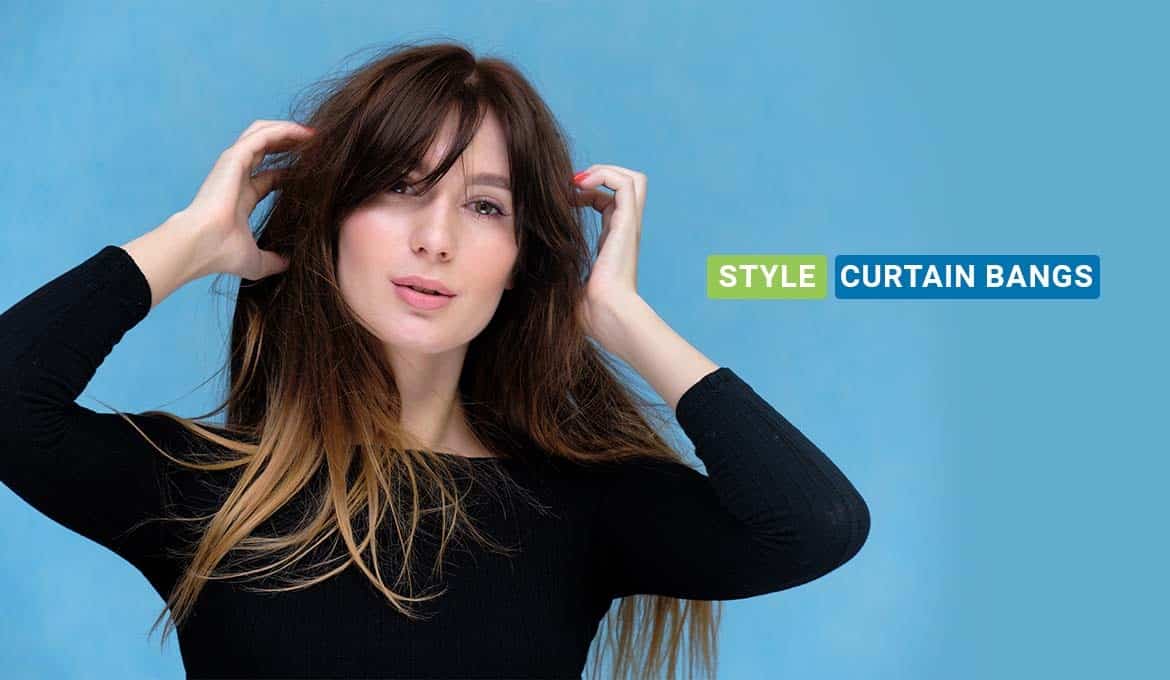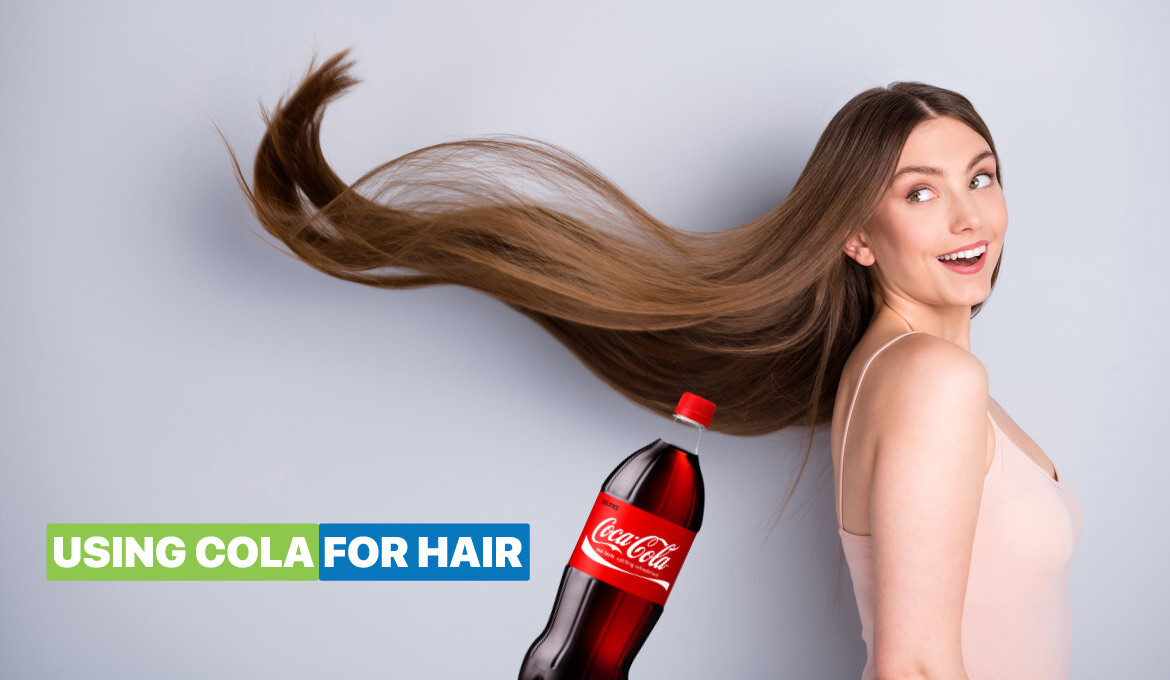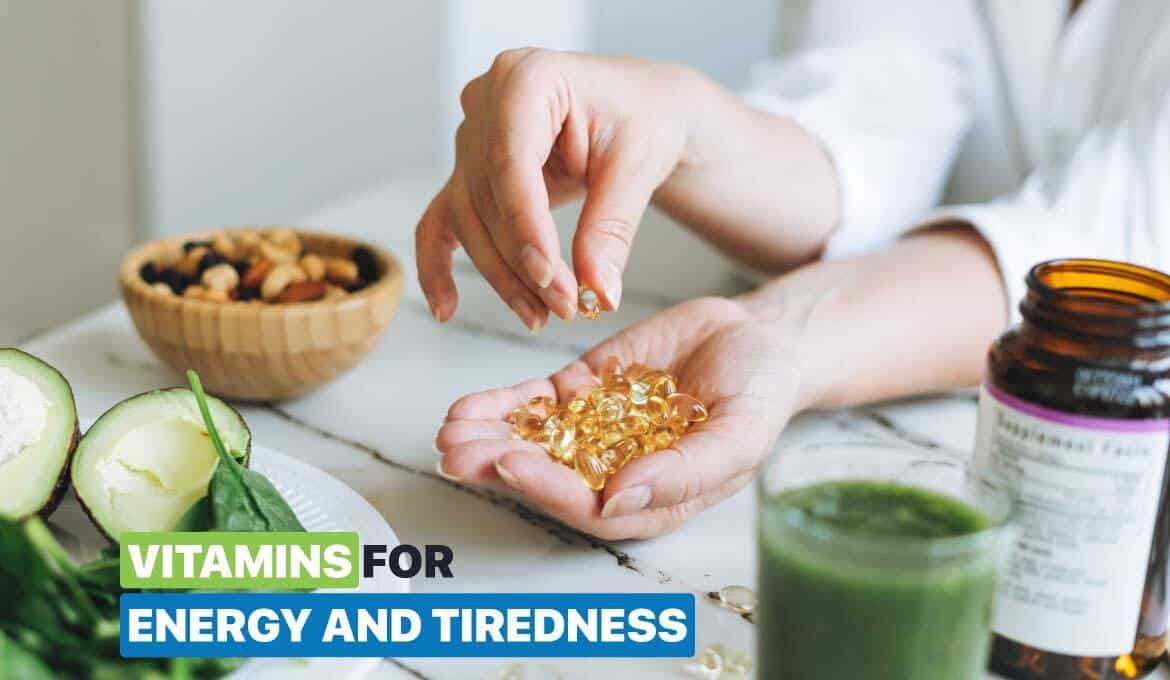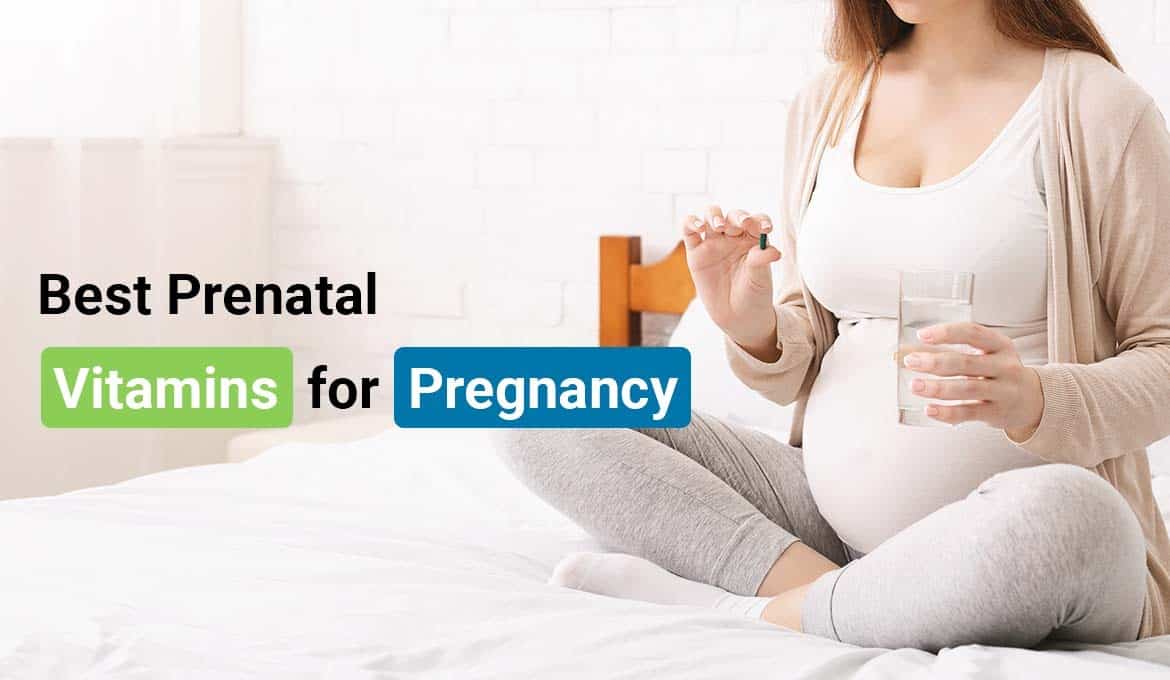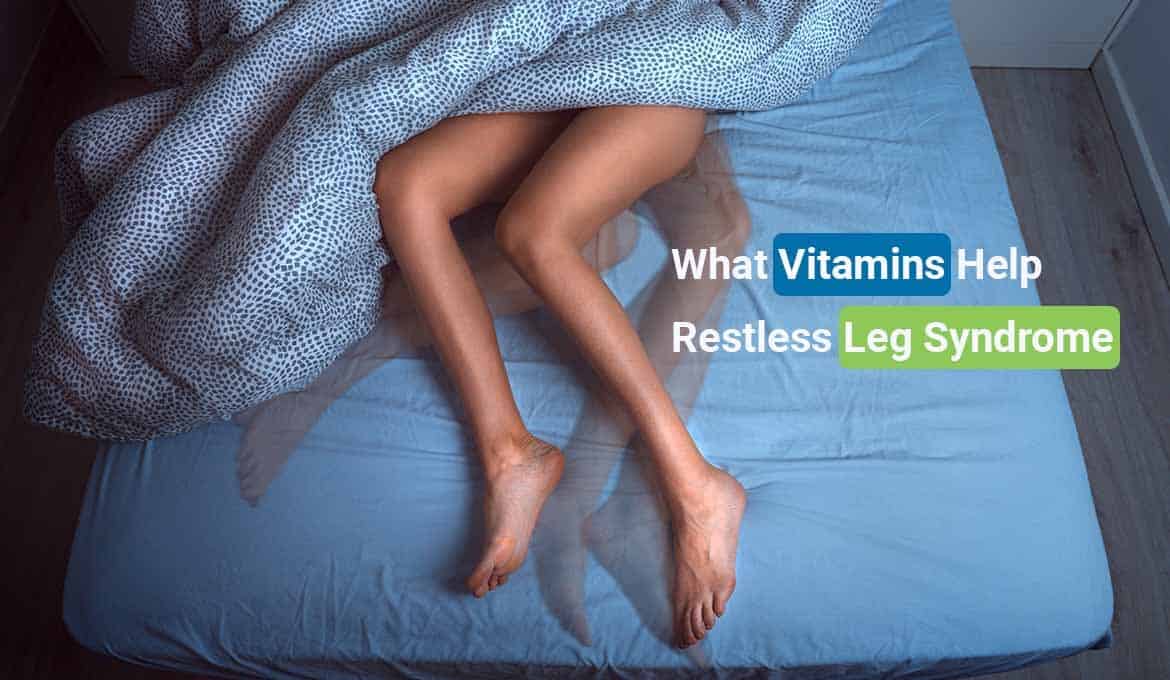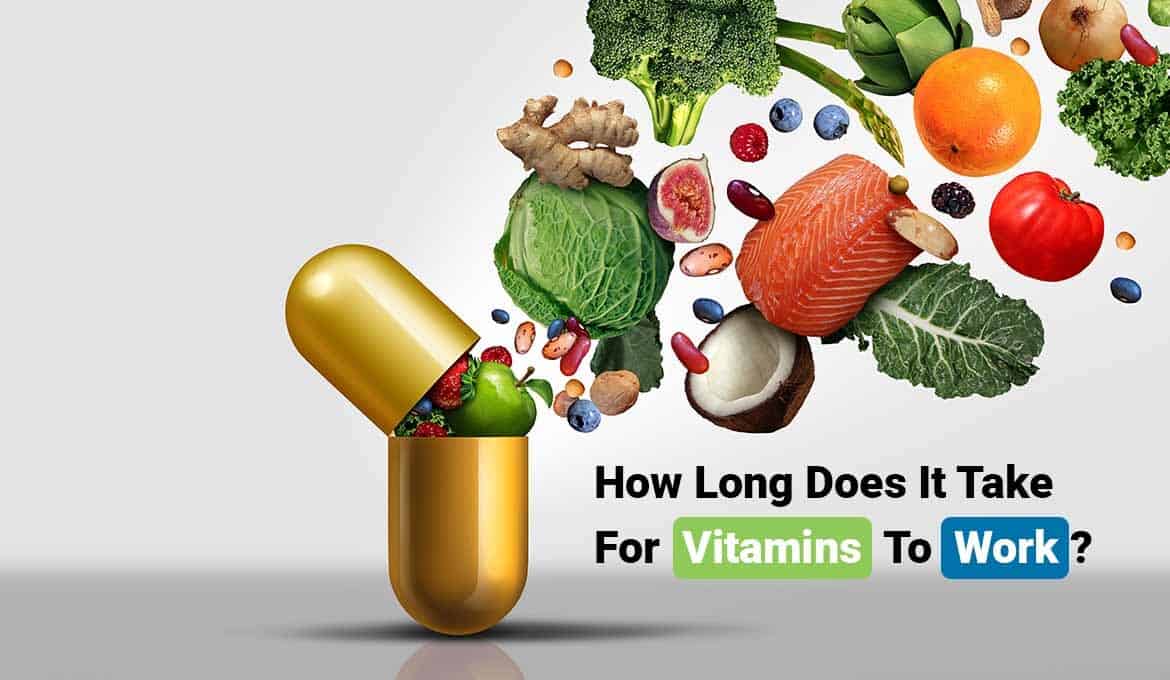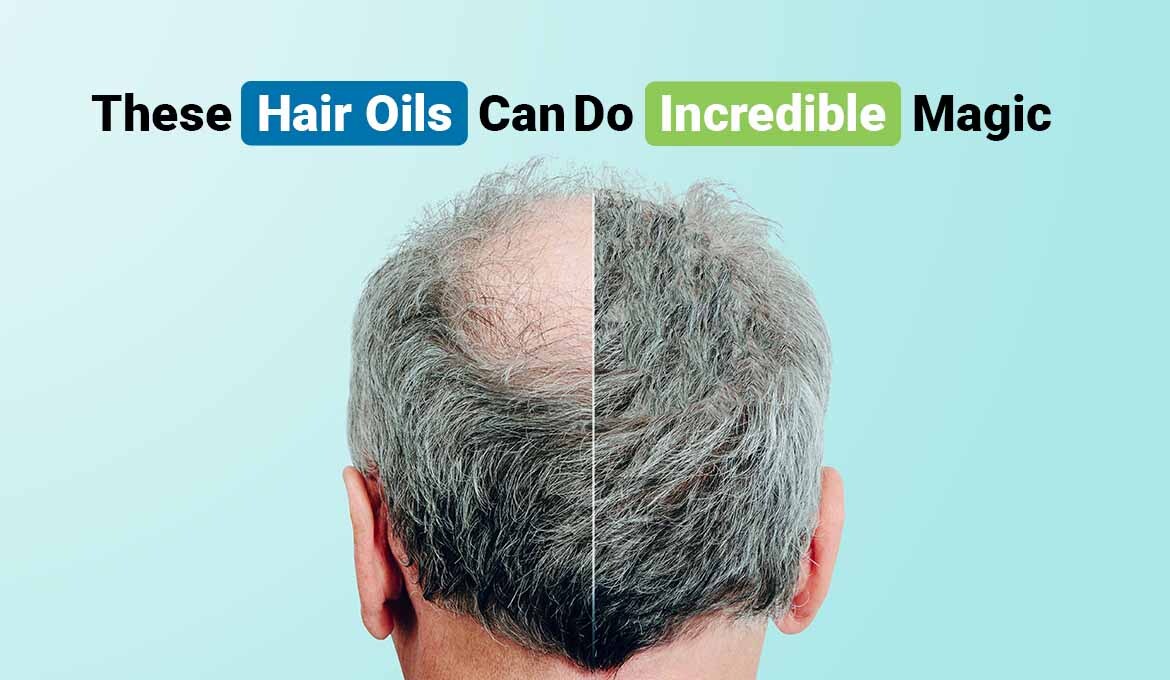
Are you worried about regular hair loss? Do you know that vitamin deficiency causes hair loss? Our overall well-being and health mainly rely on vitamins. To perform at a healthy level, our body needs many nutrients. But if we talk about hair loss, knowing which vitamin deficiencies are the root cause is crucial.
Interestingly, hair is one of the fastest-growing tissues. Therefore, it needs proper nutrition for proper growth. This blog will discover which hair loss vitamin deficiency is hindering you from achieving your hair wellness goals. But first, let's find out what hair loss is and what it causes.
What Is Hair Loss?
Hair loss is a common occurrence which is more common in adults, but anyone can experience it, including children.
Hair is made up of keratin protein that is produced in hair follicles at the outer layer of the skin. It is estimated that we lose between 50 and 150 hair follicles daily.
It is estimated to lose between 50 and 150 hair follicles daily without noticing. The condition where we lose more hair than we can replenish is called “hair loss.”
Do you know what causes hair loss? The conditions like genetic androgenetic alopecia (male pattern baldness) and immune conditions like vitamin deficiency or alopecia areata.
However, male and female pattern baldness causes permanent hair loss and can only be cured with an FUE hair transplant. However, hair loss due to vitamin deficiency is generally temporary. This means you can grow your hair back.
Which Vitamin Deficiency Causes Hair Loss?
As mentioned above, minerals and vitamins are important for healthy hair. Want to know which vitamin deficiency causes hair fall? Read on!
1. Vitamin D Deficiency
Vitamin D is the most essential vitamin we can include in our daily diet. It is crucial to our physical well-being, including maintaining healthy hair. You can inhale Vitamin D from the sun or in the form of a tablet.
If you find vitamin deficiency, you can balance this always by consuming vitamin D supplements. For temporary hair loss, vitamin D can stand out as magic for maintaining healthy hair.
2. Vitamin E Deficiency
Another main reason for hair loss is vitamin E deficiency. Vitamin E is an excellent source for maintaining healthy skin and eyes and protects you from infection.
It is a fat-soluble vitamin that can be the best fit to control hair loss. Many antioxidants are found in vitamin E to help strengthen scalp health and promote new hair growth.
3. Vitamin B Deficiency
Vitamin B deficiency has many links with hair loss. Vitamin B deficiency is one of the strongest reasons for hair loss. According to Almohanna's study in 2019, “only biotin, riboflavin, folate, and vitamin B12 deficiencies cause hair loss.”
Vitamin B2, vitamin B6, vitamin B7, vitamin B12, riboflavin, biotin, and folate are different versions of vitamin B complex. These all play crucial roles in cellular development, hair growth, gene regulation, and cell signaling.
Your body holds its levels of biotin. But if struggling to do so means you have a biotin deficiency, a biotin supplement may be an important key to this vital nutrient issue. Additionally, all these different versions of vitamin B can be achieved through a healthy diet.
4. Vitamin C Deficiency
Vitamin C strengthens our immune system and produces collagen. We usually obtain an abundance of vitamin C from our balanced diet, including fruit juices and citrus fruits like lemons, cranberries, oranges. So, you will often need vitamin C supplements.
Vitamin C's role in the production of collagen is vital in hair growth. Collagen is an essential part of the dermal layer (skin). So, the collagen's absence may hinder healthy hair growth.
5. Iron Deficiency
Another one of the leading common reasons for hair loss is iron deficiency. People who have iron deficiency suffer from hair loss conditions, namely telogen effluvium or male and female pattern hair loss.
If you experience pale skin or low energy, you may have iron deficiency. In such a case, consult with your doctor, as this could create a severe health risk.
6. Essential Fatty Acids Deficiency
If you have a deficiency of fatty acid, you may lose hair from your brows and scalp. You can boost your essential fatty acids like Omega-3 and Omega-6, which will help hair growth and reduce inflammation. Include flaxseed, walnuts, and dedicated daily supplements.
7. Zinc Deficiency
Zinc is one of the main and most essential minerals you need to take daily. Believe it or not, Zinc plays fundamental roles in our body functions like vision, reproductive health, skin health, healthy hair growth, and even the immune system.
Zinc is essential in strengthing the immune system. So, zinc deficiency may induce hair loss. That's why zinc supplementation is a drug doctors prescribe to stimulate new hair growth.
So, remember that Zinc is the key to preventing hair loss, and never allow your zinc levels to drain too much!
8. Folic Acid
Folic acid is usually found in prenatal supplements as it is vital for fetal development. It also promotes cell growth, which boosts hair growth.
It can also help control early graying by keeping levels of oxygen normalized. So think about a folic acid supplement to keep your hair shiny and nourished.
9. Biotin Deficiency
Biotin supplements are well-marketed in the beauty industry and are sold popularly for your skin, hair, and nails.
However, there is limited research to support biotin supplements. So, we wouldn't suggest them as magic to guard against hair loss. However, this can be considered as a “once in a while” hair loss treatment.
10. Amino Acids
Another deficiency can be of amino acid, inducing hair loss and thinning. The amino acid plays the role of boosting tissue repair and hormone regulation to help the body function.
Besides, they also break down food to keep their immunity strong. To eat healthy amino acids, eat a balanced diet of lentils, seeds, avocado, asparagus, cabbage, spinach, and soybeans.
Final Words
Hair loss may cause distress because of genetics, a disease, or even stress. But do not worry. Your hair loss may be able to be reversed.
So, if you are dealing with hair loss, not only focus on your brands. Taking a closer look at your vitamin and mineral intake and making suitable changes can help you maintain good hair health.
This blog contains a wide list of almost every nutritional deficiency and the possible link with hair loss. Remember, it is always wise to consume a balanced diet and get good vitamin D tablets.
FAQs
1. Why does Vitamin Deficiency Cause Hair Loss?
Ans: Some vitamin deficiencies cause concerns with circulation, and others may affect the skin or hair follicles. Like many other body parts, your scalp and hair follicles need nutrients and vitamins to be healthy. So, the key to having healthy hair is taking the right amounts of vitamins and minerals in your everyday diet and as dietary supplements.
2. Does over-supplementing vitamins A, B, C, or D also cause hair loss?
Ans: Yes! Over-supplementation of these vitamins may cause hair thinning and hair loss. In the same way that our bodies require a primary number of vitamins and minerals to succeed, too much selenium or other vitamins can also harm your overall health. So, follow expert medical advice and eliminate vitamin deficiency hair loss without over-supplementation.
3. What vitamins make hair thicker?
Ans: One of the finest vitamins for thicker hair is Biotin, vitamin B7. Your body uses the food you eat to make energy with the help of biotin. Additionally, keratin protein needs vitamin B7 for its production. Some people begin to experience benefits approximately 30 days after taking biotin. For some individuals, it may take up to 90 days or longer.
4. What foods stop hair fall?
Ans: Some of the most effective foods that help prevent hair fall are seeds packed with Vitamin E, Zinc, and selenium. An ounce of sunflower seeds comprises about 50% of the daily Vitamin E requirement. Other sources like flaxseeds and chia seeds also contain omega-3 fatty acids.
5. How do you choose the best supplements for hair growth?
Ans: Acquiring enough vitamins and minerals is essential for maintaining healthy hair, but consuming too many vitamins, like vitamins A and E, could lead to hair loss and even vitamin toxicity. It's always a good idea to pick supplements that have been third-party tested to make sure that they are safe and that their labels are accurate.
Read Also:


